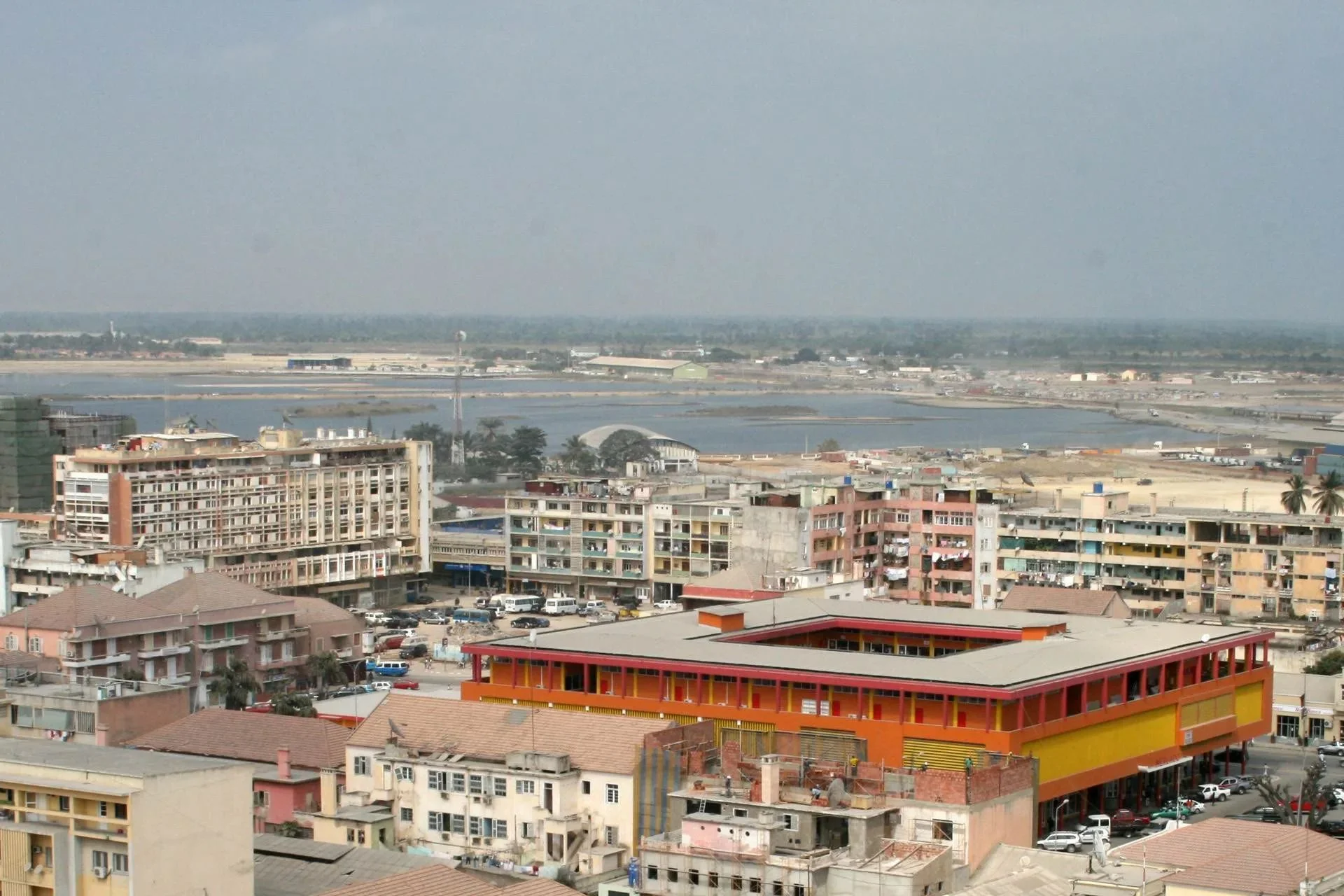Greenfield Investment Real Estate in BenguelaHistoric port with calmlived-in streets

Best offers
in Benguela
Benefits of investment in
Angola real estate
Resource-rich economy with urban expansion
Luanda’s infrastructure is growing fast, with modern projects and international interest.
Rental demand driven by oil and business sectors
Expats and executives create steady need for housing in premium areas.
Long-term potential in an emerging market
Early investors benefit from price entry and future growth.
Resource-rich economy with urban expansion
Luanda’s infrastructure is growing fast, with modern projects and international interest.
Rental demand driven by oil and business sectors
Expats and executives create steady need for housing in premium areas.
Long-term potential in an emerging market
Early investors benefit from price entry and future growth.

Useful articles
and recommendations from experts
Real Estate in Benguela, Angola
Why Invest in Property in Benguela
Benguela, Angola’s second-most important coastal city after Luanda, presents a unique opportunity for real estate investment in a region combining colonial charm, economic growth, and rising tourism appeal. Located along the Atlantic Ocean, Benguela is a key node in Angola’s economic corridor, supported by port access, rail connections, and agriculture. While less crowded and expensive than Luanda, it offers strong mid- to long-term potential for residential, commercial, and tourism-related property developments. Investors interested in frontier markets and early-stage value growth will find Benguela an emerging option with attractive entry points.
Types of Properties Available
The property landscape in Benguela is still maturing but offers a broad spectrum for investors:
- Heritage houses — Colonial-era homes in the city center, many of which are being restored for residential or commercial reuse.
- Modern apartments — Mid-rise buildings targeting young professionals and families, especially in growing suburbs.
- Villas — Detached homes with gardens in upscale neighborhoods like Bairro da Graça and Bairro Benfica.
- Beachfront land — Plots near Praia Morena and Baía Azul suitable for resorts, villas, or guesthouses.
- Commercial properties — Shops and small offices in Benguela’s city center or along major roads toward Lobito.
- Industrial warehouses — Especially along the Benguela Railway or near the Lobito corridor for logistics purposes.
Ownership Rules and Legal Framework
As in all of Angola, property in Benguela is subject to land tenure laws in which land is owned by the state and made available through long-term usufruct rights. Key legal aspects for investors include:
- Foreigners are allowed to acquire property rights with proper registration through local notaries and government entities.
- Title documentation must be verified — many older properties require careful legal review to confirm ownership chains.
- Due diligence and land surveys are crucial, especially for coastal or rural plots where zoning plans may be underdeveloped.
- Long-term leases (50–60 years renewable) are granted and function similarly to freehold ownership for residential and commercial use.
Price Ranges and Market Dynamics
Property prices in Benguela are significantly more affordable than in Luanda and reflect its transitional market status. Current estimates (2025) include:
- City-center apartments: $60,000–$150,000 depending on size, view, and renovation status
- Modern villas: $150,000–$350,000 in upper residential zones
- Beachfront land: $50–$120 per m² near Praia Morena or Baía Azul
- Colonial houses: $80,000–$250,000 (including renovation needs)
- Commercial units: $800–$1,200 monthly rent for retail stores on key avenues
Promising Neighborhoods and Infrastructure
Benguela’s key real estate zones are evolving, with several areas gaining popularity among buyers and renters:
- Praia Morena — Beachfront with growing appeal for boutique hotels, serviced apartments, and tourism developments.
- Centro Histórico — Hosts colonial-era architecture, government buildings, and cultural centers. Ideal for restoration projects.
- Bairro Benfica — Residential district with schools, healthcare facilities, and expanding commercial nodes.
- Baía Farta — A satellite town with potential for resort development and port logistics activities.
- Lobito (adjacent city) — Shares economic flows with Benguela and is linked via rail and port infrastructure, adding real estate spillover potential.
Investment Scenarios and Buyer Profiles
Real estate investors in Benguela typically include:
- Hospitality developers — Focused on guesthouses, beach hotels, and eco-lodges along the coast.
- Diaspora Angolans — Buying homes for family, retirement, or passive income generation.
- Local entrepreneurs — Investing in shops, cafés, and service properties in urban expansion zones.
- Industrial/logistics operators — Leveraging Benguela’s rail and port access for warehouses or agro-processing hubs.
- Early-stage international investors — Targeting low acquisition costs and long-term urbanization growth.
Risks and Mitigations
While Benguela offers high growth potential, investors must consider:
- Title security — Some properties lack clear legal documentation; proper due diligence is essential.
- Infrastructure gaps — Power and water supply may be intermittent in unplanned or rural areas.
- Liquidity risk — Resale timelines can be extended due to a small investor pool and limited financing options.
- Regulatory delays — Construction permits and land registration can be time-consuming.
Conclusion: Who Should Invest in Benguela
Benguela is best suited for investors looking for long-term upside in a peaceful, coastal city with strong local identity and emerging infrastructure. Whether developing boutique hospitality projects, restoring colonial buildings, or building affordable housing, Benguela offers favorable land prices, a growing urban population, and less saturation than Luanda. For those seeking an alternative to high-cost capitals in Africa, Benguela combines coastal charm, business opportunity, and strategic positioning within Angola’s development plans. It is a frontier real estate market — but one with growing clarity, appeal, and long-term reward.
